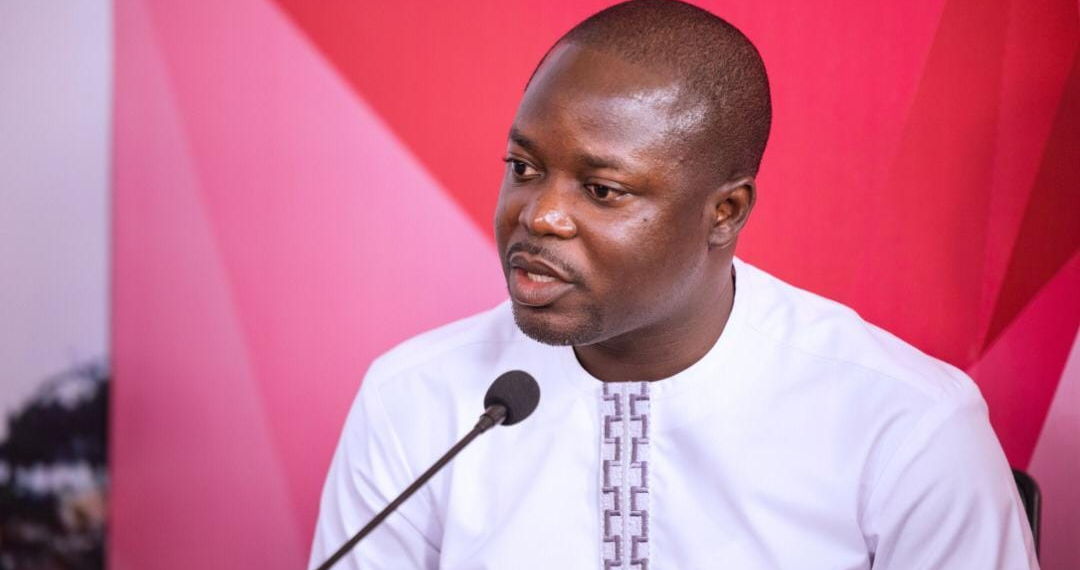Executive Director of the Centre for Environmental Management and Sustainable Energy, Benjamin Nsiah has linked Ghana’s excessive subscription to power generator deals under past governments as a leading factor of the debts presently incurred by the sector.
Mr. Nsiah in an interview with host of Happy Morning Show, Kwadwo Sefah-Danquah noted that these debts have been majorly incurred over the years since 2015 on account of unclear deals which were signed due to the urgent demand of energy at the said time. “In 2015 when we signed these contracts, we signed them under urgency in a time of emergency and because we signed these agreements in that state, we ignored a number of things.”
“The pricing of power in dollars, the over subscription of power generators and at that time we had over 44% excess in power of what we originally needed.” he cited as factors that led to Ghana’s debt.
Speaking on the over subscription of power generators, he noted that these excesses which amounted to US$1.7billion came as part of the power production deal but was not used on account of inadequate infrastructure to utilize it. “Purchasing power is not like purchasing tomatoes from the market. People must build the infrastructure and must mobilize resources to build this infrastructure. If you commit to these agreements when the power is produced, whether you are able to take it or you’re not able to take it you have to pay for it.”
Ghana’s energy sector debt carries legacy arrears owed to Independent Power Producers (IPPs) under costly take-or-pay contracts signed during emergency periods. Additional debt is due to fuel and gas suppliers, and inefficiencies within state utilities like ECG, which struggle with revenue shortfalls and high losses. Overcapacity in power generation and contracts priced in foreign currencies have worsened the financial strain. Despite efforts through levies and restructuring, total debt now exceeds US$3 billion.




















